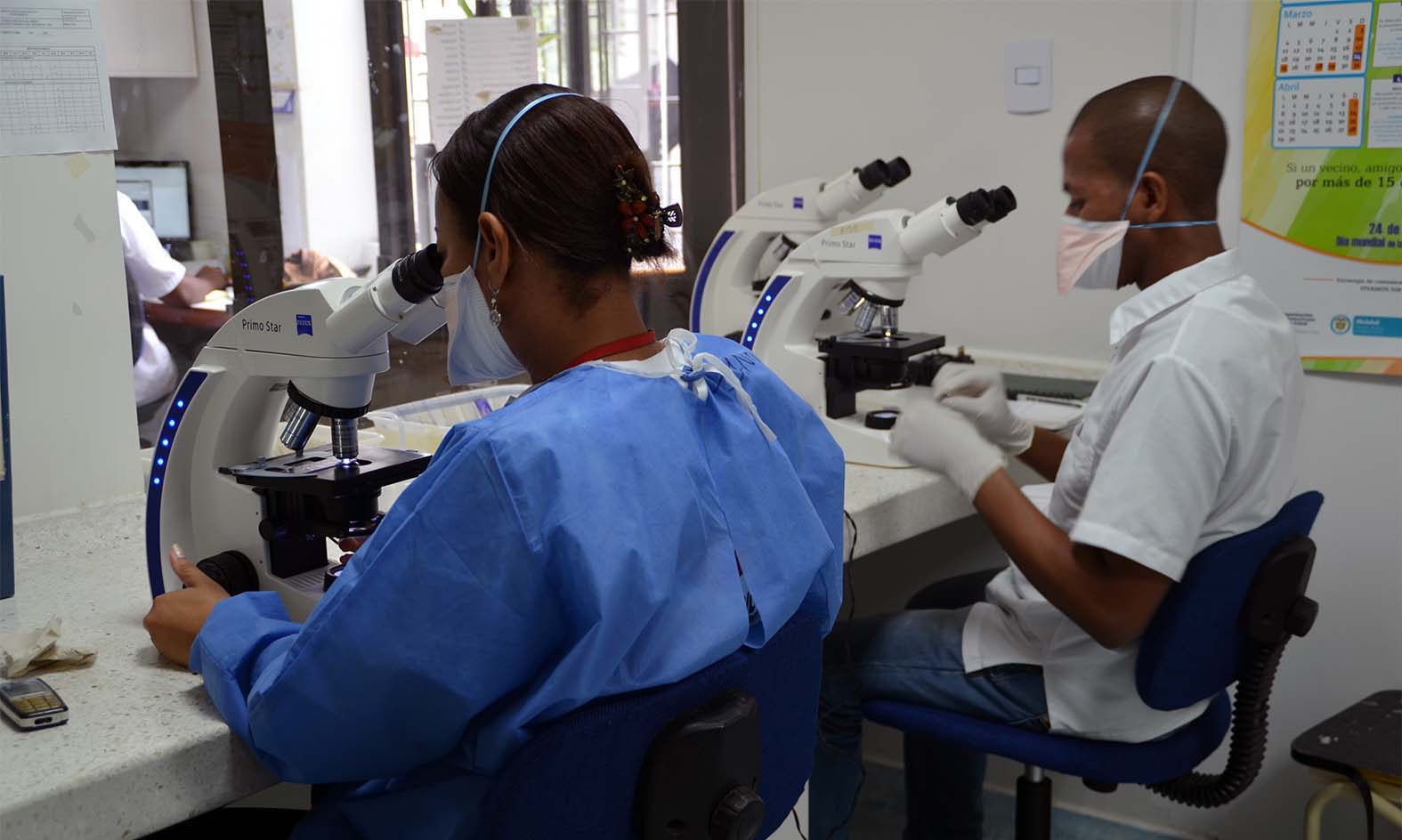MDR TB patient taking his Direct Observation Treatment Short Course
The way medical Research and Development (R&D) is done today is dysfunctional and it leads to the overpricing of some life-saving drugs. Nowhere is this more apparent than for hepatitis C, where the drug Sofosbuvir, priced at $1 000 per pill in places, is gram-for-gram 67 times more expensive than gold.
For organisations like Doctors Without Borders (MSF) this is a serious cause for concern because people in developing countries simply can’t afford essential drugs.
In its new and hard-hitting report Lives on the Edge, released mid-September 2016 when 193 member states of the UN gathered for a general assembly, MSF says the current R&D systems and policies are not aligned with people’s health needs. Pharmaceutical corporations woefully under-invest in research for diseases whose treatment does not yield lucrative returns, while governments have failed to ensure that taxpayer-funded research addresses priority health needs.
Consequences of the current R&D system
MSF has witnessed and often grappled first-hand with the effects of poor R&D systems in its projects in over 60 countries worldwide. For example, in 2014, there was no treatment or vaccines for the Ebola virus, and there are inadequate or non-existent treatments for neglected diseases such as Chagas disease, visceral leishmaniasis and the long, toxic and ineffective treatments routinely used to treat drug-resistant tuberculosis.
“The needs of people in the poorest countries are going unnoticed by pharmaceutical corporations. In the last half-century, we’ve had just two new drugs developed to treat tuberculosis, the world’s top infectious disease killer, responsible for 1.5 million deaths a year,” says Dr Jennifer Hughes, TB doctor for MSF Southern Africa.
Way forward
MSF is urging pharmaceutical companies to consider people’s lives first before focusing on making profits and is challenging them to produce drug-resistant TB drugs that will provide patients with a better chance of being cured, rather than leaving them deaf and suicidal.
Governments should also consider approaches that break the links tying medical research to high prices through monopoly-based market protections. An example of this new approach to R&D is the 3P Project, an initiative between MSF and other organisations involved in treating TB. It aims to conduct collaborative research to develop new treatment regimens for TB by sharing data and intellectual property, and by paying for research using a unique combination of grants and prizes.
“At this year’s UN general assembly, governments must seize the opportunity to support measures that will ensure new affordable medicines are developed to meet urgent health needs — they cannot afford to simply prescribe the same old failed policies,” says Katy Athersuch, medical access and innovation policy advisor for MSF’s Access Campaign.
MSF believes filling in these gaps with effective, affordable vaccines, diagnostics and treatments that can be used in a range of contexts including in under-resourced and unstable places could save many lives.

Since 2010, MSF supports the National Programme against Tuberculosis in the city of Buenaventura to improve the diagnosis and treatment of regular and resistant tuberculosis. In 2012, MSF imported for the first time a treatment against drug-resistant TB and supported the municipal program for the management of drug-resistant TB for compliance, training of health personnel and monitoring records. (Photo: Aurelie Baumel)